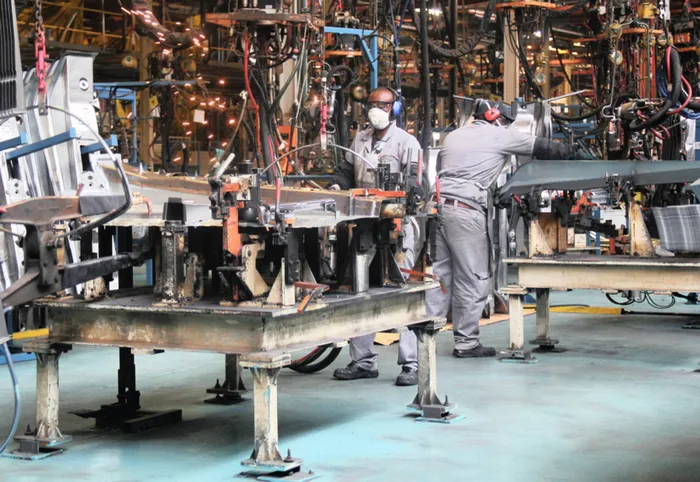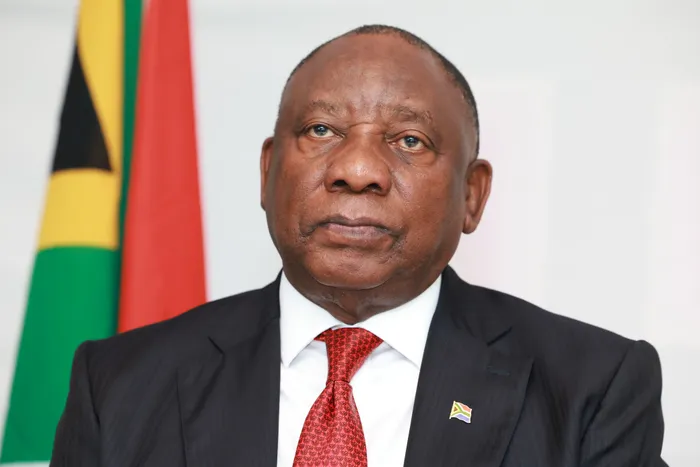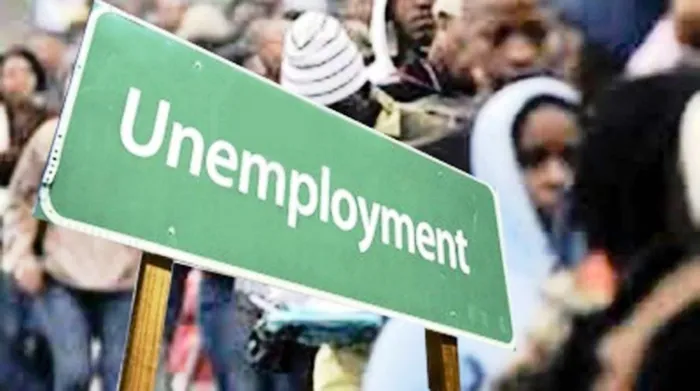Trump's 30% tariffs threaten South Africa's auto industry: what it means for the future

The 30% tariff announced by US President Donald Trump could have disastrous consequences for the auto industry.
Image: Selaotswe Fofo Lerefolo
American President Donald Trump made good on his recent threats to slap South Africa with 30% tariffs yesterday, “on any and all South African products sent into the United States".
The US is South Africa’s second-biggest trading partner.
In an official letter to President Cyril Ramaphosa, he said the tariffs will come into effect on August 1 but are separate from all Sectoral Tariffs.
Modified
He said rates could be modified “upward or downward, depending on our relationship with your country”.
“We have had years to discuss our trading relationship with South Africa, and have concluded that we must move away from these long-term, and very persistent, trade deficits engendered by South Africa’s tariff, and non-tariff, policies and trade barriers,” the letter said.
Trump added that if South Africa were to increase its tariffs in response to the announcement, that amount would be added on top of the 30%.
"If you wish to open your heretofore closed trading markets to the United States, and eliminate your tariff and non-tariff policies and trade barriers, we will, perhaps, consider an adjustment to this letter."
He added that a new trade deal could be reached before August, saying that, “There will be no tariff if South Africa or companies within your country decide to build or manufacture product[s] within the United States.
"In fact, we will do everything possible to get approvals quickly, professionally and routinely - in other words, in a matter of weeks.”
Trump went on to say that he recognised “the strength and commitment” of trade relations between both nations, underscoring “the fact that the United States of America has agreed to continue working with South Africa despite having a significant Trade Deficit with your great Country”.
He added that it was time “to move forward … but only with more balanced and fair trade”.
“Please understand that these tariffs are necessary to correct the many years of South Africa’s tariff and non-tariff policies and trade barriers, causing these unsustainable Trade Deficits against the United States. This Deficit is a major threat to our Economy and, indeed, our National Security!” the letter said.

President Cyril Ramaphosa says South Africa will continue with its diplomatic efforts towards a more balanced and mutually beneficial trade relationship with the United States.
Image: GCIS
Ramaphosa responds
In his response, Ramaphosa’s spokesperson, Vincent Magwenya, said: “This 30% tariff is based on a particular interpretation of the balance of trade between South Africa and the United States. This contested interpretation forms part of the issues under consideration by the negotiating teams from South Africa and the United States.”
“Accordingly, South Africa maintains that the 30% reciprocal tariff is not an accurate representation of available trade data. In our interpretation of the available trade data, the average tariff for imported goods entering South Africa stands at 7.6%.
“Importantly, 56% of goods enter South Africa at 0% most favoured nation tariff, with 77% of US goods entering the South African market under the 0% duty,” he said.
Magwenya said, the Presidency also noted that “South Africa will continue with its diplomatic efforts towards a more balanced and mutually beneficial trade relationship with the United States. We welcome the commitment by the US government that the 30% tariff is subject to modification at the back of the conclusion of our negotiations with the United States.”
Ominously, Trump has also threatened to add an additional 10% levy on “any country aligning themselves with the Anti-American policies of BRICS,” of which South Africa, Brazil, Russia, India and China are members.
Automotive industry
And while politicians exchange letters and threats the automotive industry is watching with bated breath.
Already hampered by failing infrastructure including rail, road and backlogs at ports, it is one of the country’s largest economic sectors contributing 4.3% to the gross domestic product and is also the country’s fifth largest export sector accounting 18.1% of total exports.
It employs over 110,000 people directly and around 320,000 in the entire value chain.
In addition, a 10% increase demanded from workers by the National Union of Metalworkers of South Africa threatens additional strain on the industry.
According to Mike Mabasa, Chief Executive Officer of the National Association of Automobile Manufacturers of South Africa (Naamsa) they have called an urgent meeting with all their members and will release a statement later today.
In a media release, the Chairperson of the Select Committee on Economic Development and Trade, Sonja Boshoff, expressed concern over the impending 30% tariff on key South African exports, as the tariffs will have far-reaching consequences for exporters and on the broader ailing South African economy.
She said the US tariff order undermines the historical US–SA trade cooperation and poses a serious threat to strategic sectors such as citrus, macadamia, automotive components, steel and aluminium.
“These industries are not abstract economic indicators; they are lifelines for tens of thousands of workers, particularly in rural and small-town South Africa.”
She added the tariff order also casts a dark shadow over the future of the African Growth and Opportunity Act (AGOA), which has long facilitated preferential access to US markets. With the new duty effectively neutralising those preferences, there is growing uncertainty for producers who depend on predictable market access to plan, invest and grow.

The Select Committee on Economic Development and Trade says the tariffs will have far-reaching consequences for exporters and on the broader ailing South African economy.
Image: File
Good faith
“It is critical that trade agreements are honoured in good faith. No country can plan its industrial or export strategy under a cloud of sudden and unilateral tariff hikes.”
The committee recognises that the Department of Trade, Industry and Competition (DTIC) is pursuing negotiations with its US counterparts, reportedly offering strategic Liquefied Natural Gas procurement in exchange for a more reasonable tariff ceiling.
However, such engagements must be swift, transparent and rooted in the national interest, the release went on to say.
“We cannot afford diplomatic dithering. Every delay will deepen the uncertainty in our export industries. The government must urgently finalise a sustainable trade path with the United States and, simultaneously, accelerate diversification into new markets across the EU, Asia and Africa,” Boshoff stressed.
“At a time when South Africa is battling record unemployment and low growth, punitive tariffs by our biggest trading partners are not just economic risks, they are catalysts for deeper inequality. We must respond with urgency, precision and policy agility.
She called on the South African government to urgently send a high-level delegation to Washington to undertake the repair of diplomatic ties and to reaffirm South Africa’s commitment to constructive engagement.
*This is a developing story.*
Related Topics: